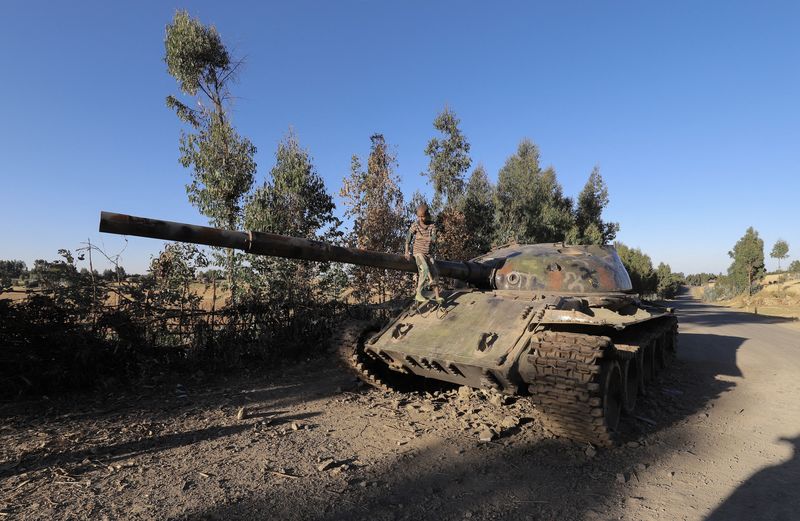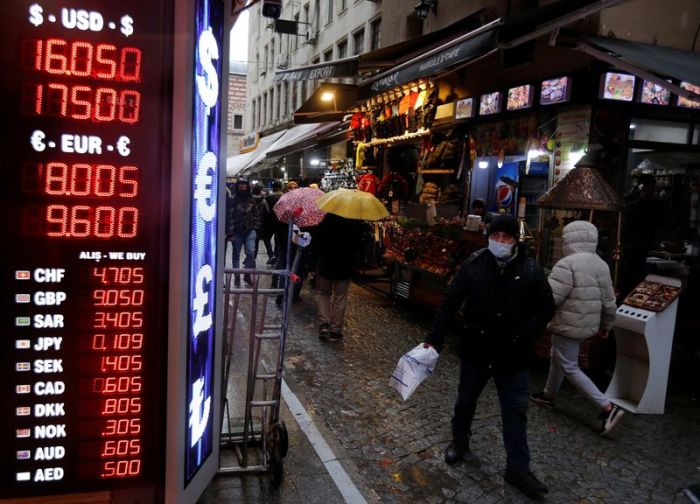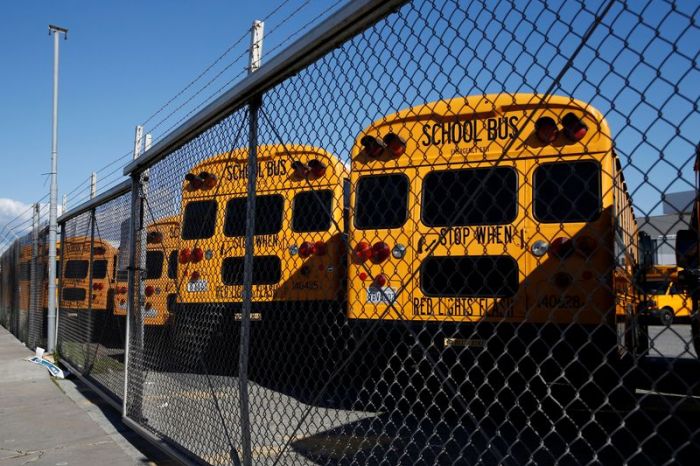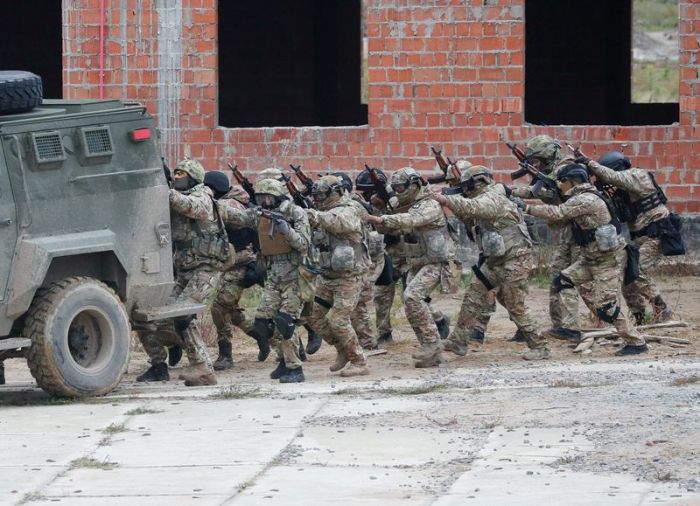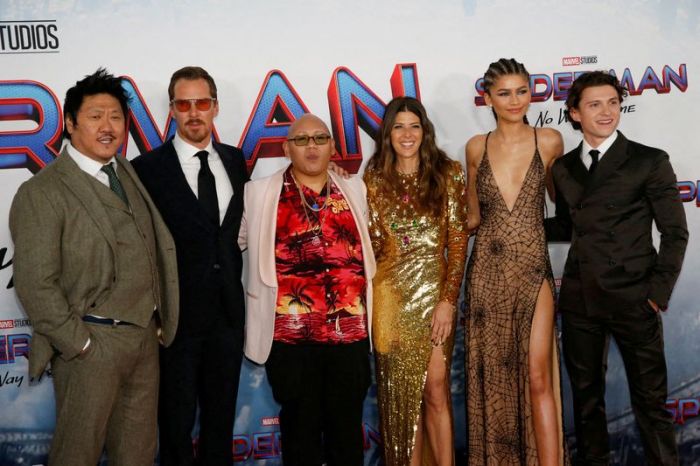GENEVA (Reuters) – The U.N. Human Rights Council voted on Friday to establish an independent investigation into abuses in the Ethiopian conflict, after a senior U.N. official said there had been violations on all sides and mass arrests under a government crackdown.
Ethiopia said it was “extremely disappointed” by the move and vowed not to cooperate, describing the mechanism as “politically motivated”.
The resolution, brought by the European Union and backed by Western states, passed despite objections from Ethiopia, which dismissed accusations of abuses and said it had already cooperated in investigations into the year-old war.
“A number of these violations may amount to crimes against humanity, and urgently require further investigations by independent experts,” the EU delegation to the U.N. in Geneva said in a statement welcoming the decision.
The resolution establishes a three-member panel of experts for one year to collect evidence and identify those responsible for violations with a view to future prosecutions.
“Ethiopia would like to reiterate that it will not cooperate with the established mechanism imposed upon it against its consent,” the government said in a statement.
“No more to double standards; no more to unilateral coercive measures; and no more to meddling in internal affairs under the pretext of human rights.”
Earlier, Ethiopia’s envoy to the U.N. in Geneva Zenebe Kebede denounced what he said was a series of abuses by rebellious forces from the northern Tigray region.
Thousands of civilians have died and millions have fled in the conflict between the federal government and rebellious forces including fighters loyal to the Tigray People’s Liberation Front (TPLF), which dominated Ethiopia’s ruling coalition for nearly 30 years.
There was no immediate comment from the TPLF on Friday. In the past, it has said some individual soldiers or militias may have committed abuses that should be investigated but that regular Tigrayan forces are well disciplined.
‘GRAVE CONCERN’
The vote on the motion after a day-long special session was 21 states in favour, 15 against including China and Russia, with 11 abstentions at the 47-member forum in Geneva.
The African Group of countries had also called for the resolution to be rejected, saying that the proposed investigative mechanism was “counterproductive and likely to exacerbate tensions”.
But six African countries including Senegal and Sudan broke ranks and abstained.
The U.N. Deputy High Commissioner for Human Rights, Nada al-Nashif, told the session that all sides in the deepening conflict in northern Ethiopia are committing severe human rights violations and should pull back from the war.
An estimated 5,000 to 7,000 people are detained, including nine U.N. staff, under a state of emergency and its “excessively broad provision” declared by the government last month, she said.
“Many are detained incommunicado or in unknown locations. This is tantamount to enforced disappearance, and a matter of very grave concern,” she said.
Ethiopia’s Zenebe did not comment directly on the detentions. But he said that the state-appointed Ethiopian Human Rights Commission had already worked with the U.N rights office to investigate accusations of abuses, and was ready to do so again.
That joint investigation published last month found that all sides in Tigray’s conflict had committed violations that may amount to war crimes.
Some Tigrayans groups criticised the investigation, saying it had ignored many widely-reported and well-documented mass killings. The government also complained it had not covered crimes committed by Tigrayan forces in Amhara region. But the report said it could not be an exhaustive list of all crimes.
The U.S. State Department on Friday said Washington is “gravely concerned” by unconfirmed reports alleging mass detentions, killings and forced expulsions of ethnic Tigrayans in western Tigray by Amhara security forces.
(Reporting by Stephanie Nebehay and Emma Farge; Additional reporting by Daphne Psaledakis in Washington; Editing by Andrew Heavens, Louise Heavens and Grant McCool)

